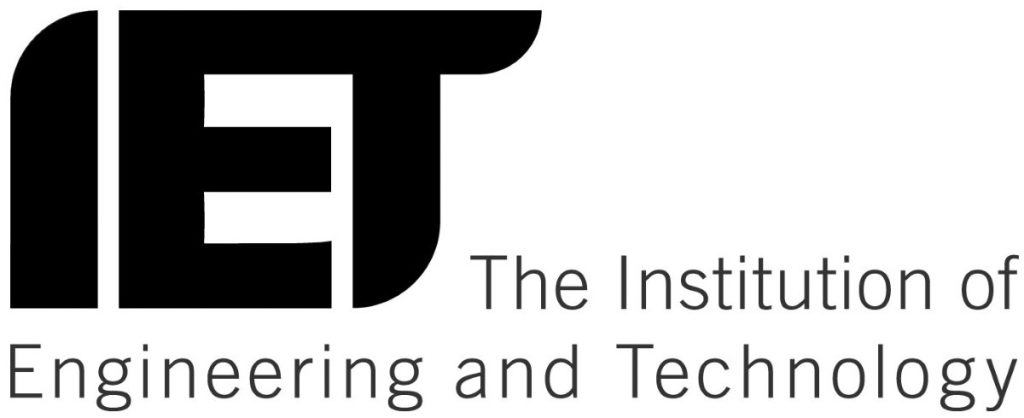IET: New research on controlling brain circuits with light to tackle epileptic seizures
A new international prize of £300,000 has been awarded to Professor Ed Boyden for his pioneering research in medical engineering.
Boyden has been named as the inaugural recipient of the Institution of Engineering and Technology’s (IET) A F Harvey Engineering Research Prize. Worth £300,000, it is awarded in recognition of his outstanding contributions to research in medical engineering.
Professor Boyden leads the Synthetic Neurobiology Group at MIT, which develops tools for controlling and observing the dynamic circuits of the brain. He uses these neurotechnologies to understand how cognition and emotion arise from brain network operation, as well as to enable repair of brain disorders.
Over a billion people worldwide suffer from a brain disorder such as stroke, depression, migraine, epilepsy, Parkinson’s, chronic pain, or blindness. Few of these disorders are effectively treatable by drugs or neurosurgical procedures. Ideally, to treat a brain disorder, an intervention would be able to control the specific neurons within the circuit that can most powerfully overcome the brain disorder.
To address this need, Professor Boyden has developed a suite of genetically-encoded molecular tools that, when expressed in defined sets of neurons in the brain, enable them to be electrically activated or silenced using pulses of light. These ‘optogenetic’ tools are proteins known as opsins, found in many organisms, that serve photosynthetic or photosensory roles, transforming light into electrical signals.
The research he proposes to undertake, making use of the prize money, is focused on exploiting his advances in optogenetics to detect and suppress epileptic seizures.
Professor Boyden said: "Over the last several years, we've developed a suite of molecular tools that make neurons activatable or silenceable by pulses of light. These tools are in widespread use in science, because they let you turn brain cells on or off, thus revealing what the cells do in the brain. We're eager to keep expanding this toolbox, and also to help figure out clinical uses for the tools as novel therapeutics."
Optogenetics has had an extraordinary impact on neuroscience research in its first five years. Professor. Boyden’s group is one of a few in the world that is leading the optogenetics revolution, and that could possibly deliver on such an ambitious project. The project will push the current technological limits facing clinical optogenetics, and in so doing, will advance this important new approach.
Professor Boyden will receive his prize from Professor Lord Winston and give a lecture about the research he is undertaking on optogenetics at the IET: Savoy Place, London on 19 June 2012.
Ends
Notes to editors:
More information on Professor Boyden:
He has three degrees in electrical engineering and physics and a PhD in neuroscience. He was named one of the 'Top 35 Innovators Under the Age of 35' by Technology Review in 2006, and one of the 'Top 20 Brains Under Age 40' by Discover Magazine in 2008.
He has contributed to over 250 peer-reviewed papers, current or pending patents, and articles, and has given over 140 invited talks on his work.
About the IET AF Harvey Engineering Research Prize:
The award, worth £300,000, is named after Dr A F Harvey who bequeathed a generous sum of money to the IET for a trust fund to be set up in his name after his death. The terms of the trust specify that the money is to be used for the furtherance of scientific research into the fields of medical, microwave, laser or radar engineering.
This award was made for the first time in 2011. The research theme for the IET A F Harvey Engineering Research Prize 2011 focused on achievements and future potential in the field of medical engineering and technology.
The IET will celebrate this inaugural prize at an event in London on 19 June 2012. At this event, Professor Boyden will give a talk on his research to an audience of engineers, scientists and medical and neurological charities.
About the IET:
The IET, a not-for-profit organisation, is a world-leading multi-disciplinary society and a trusted source of essential engineering intelligence. Part of its remit is promoting, recognising and rewarding excellence through its awards programmes, such as the IET A F Harvey Engineering Research Prize.
Interview opportunities are available with IET spokespersons.
For more information, please visit: www.theiet.org/harvey
Follow the IET on Twitter
Media enquiries to:
Dr Belinda Webb
Communications
01438 765608
bwebb@theiet.org





-01.png)